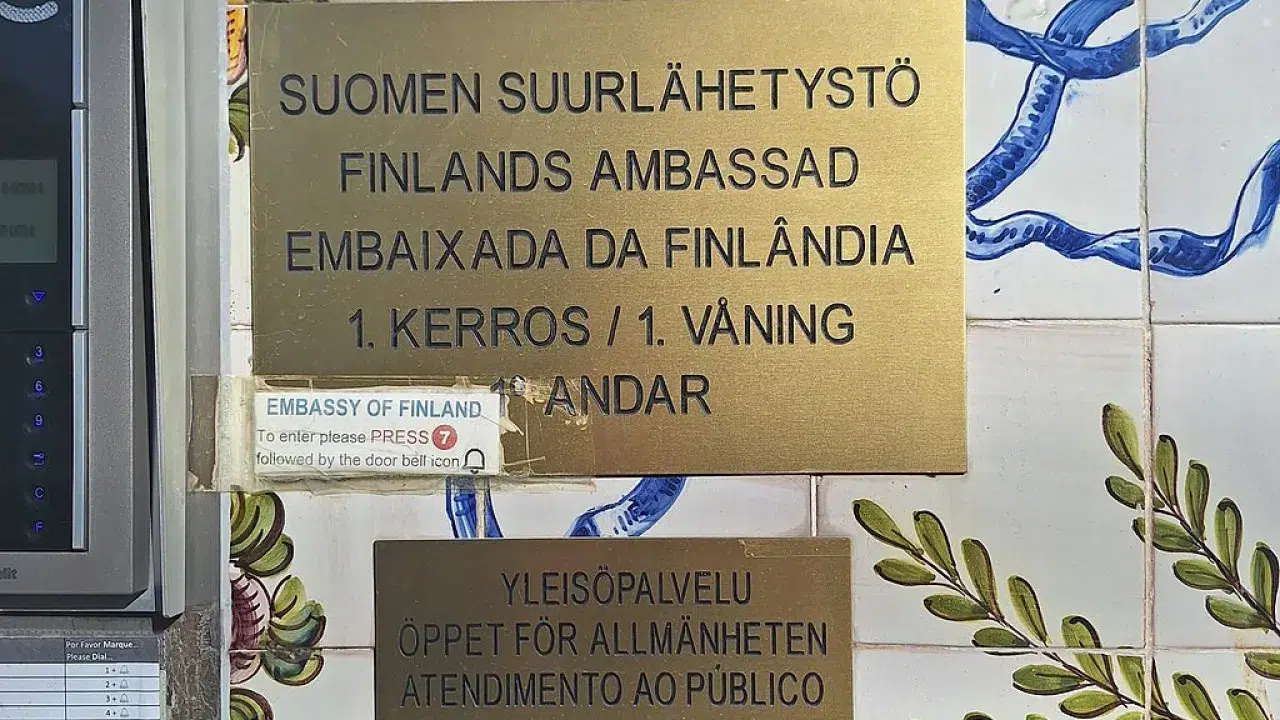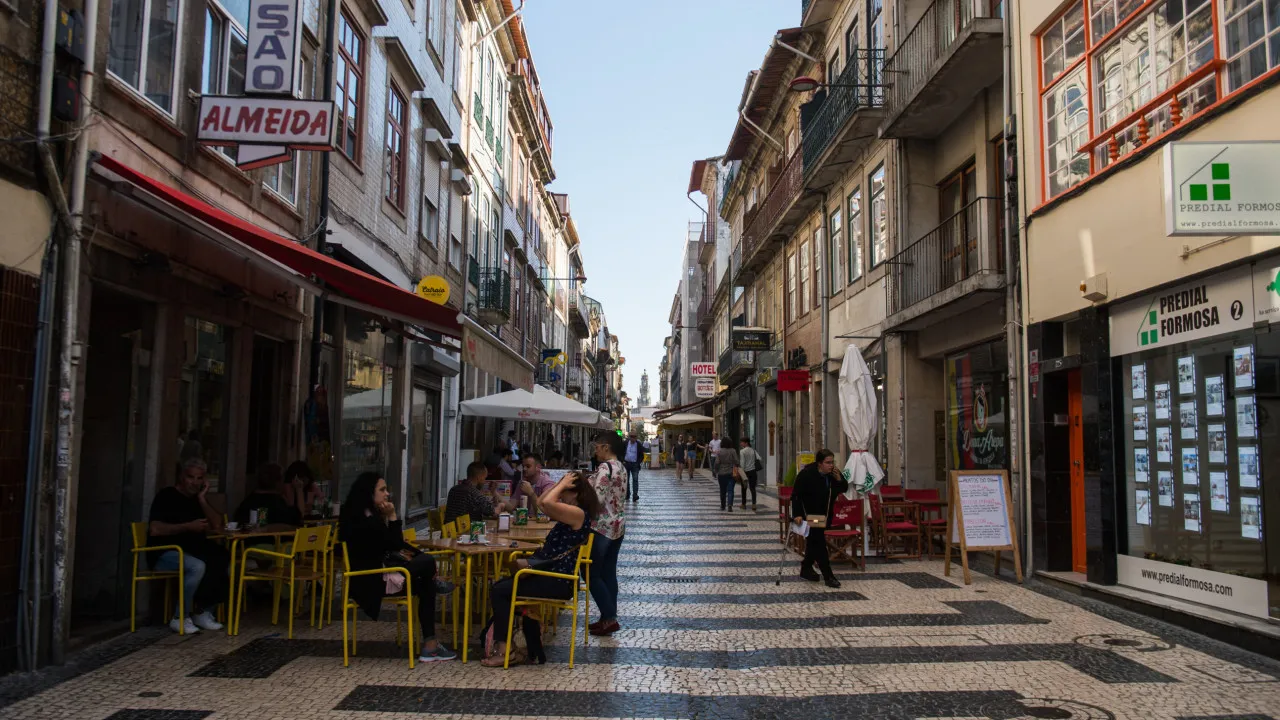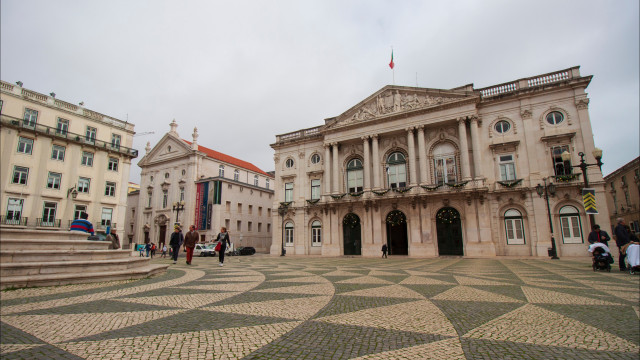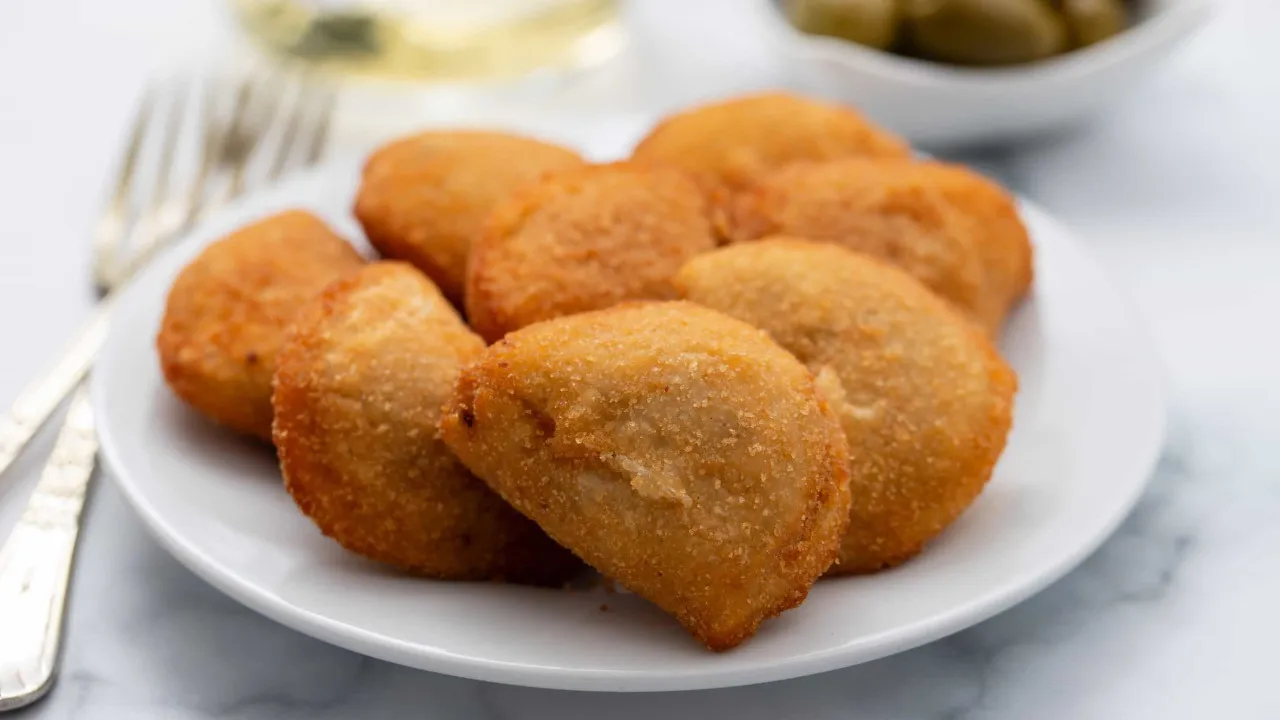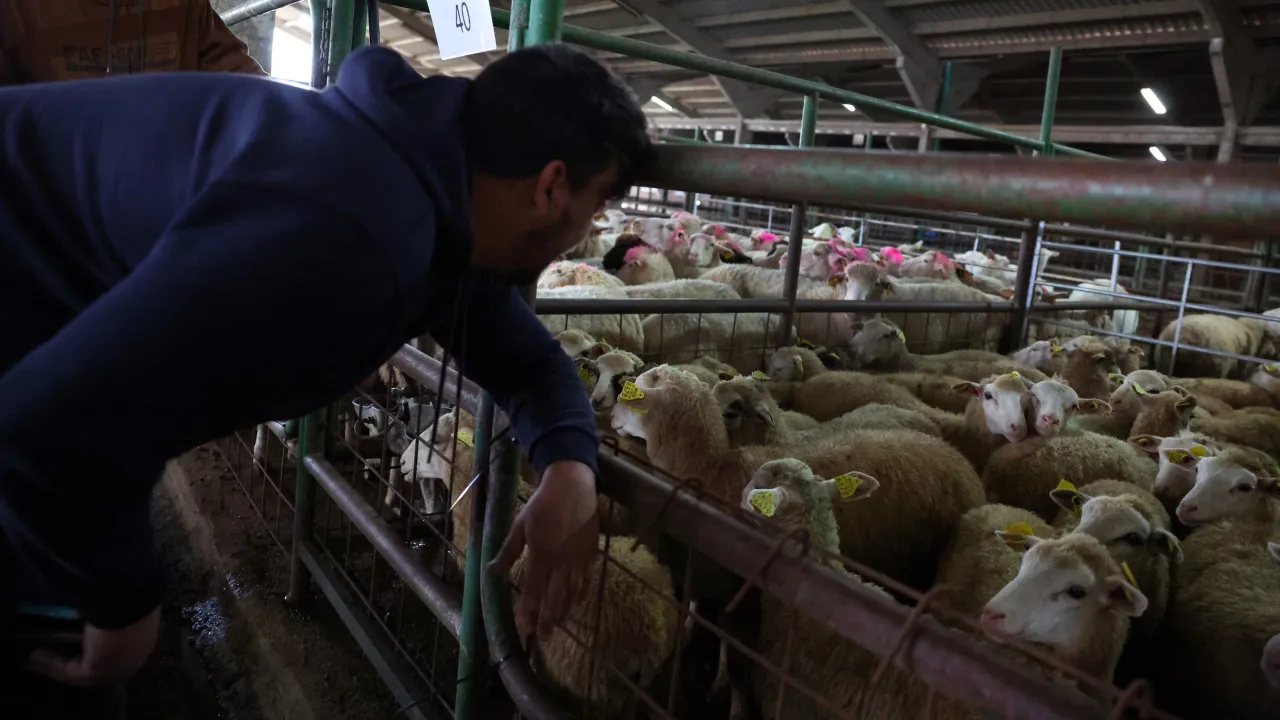
“There are people my father’s age, in their 70s, who don’t remember seeing prices like this,” states Alexandre Lobo, a farmer and sheep breeder, owner of a livestock farm in the Redondo area, Évora district.
Alexandre is among the participants in the sheep and goat auction in Évora ahead of Easter, organized by the Associação dos Jovens Agricultores do Sul (AJASUL) and the Associação Nacional de Criadores de Ovinos da Raça Merina (ANCORME).
“We can’t complain,” says the farmer, acknowledging that the prices at which the animals are being sold have been advantageous for producers. Alexandre, who owns 1,500 sheep, was preparing to unload a lot of 50 lambs for the auction.
The farmer highlights that the bluetongue disease has caused significant damages, reaching 40,000 euros in his operation, due to the death of young and adult animals and abortions. The current sales prices are helping to offset the losses.
“Many people have given up, and others are somewhat discouraged. If it weren’t for the prices at which the animals are, then… But we’re reaching Easter, and it’s a period when the animals have spectacular value,” he admits.
Just before the auction began, with the animals already weighed and divided into pens, André Pinto, a manager of a wholesale meat company based in the Porto area, was inspecting the lots that might interest him.
“The prices practiced here are something out of the ordinary,” he comments, noting that the producers had “a very difficult year” due to bluetongue, but “they have never received as much money as they are receiving this year.”
With prices on the rise, the face of the seller does not reflect that of the buyer, and this businessman explains he has “to sell, to support the meat market, below the purchase cost,” because otherwise, consumers will not buy it.
“This year, there are fewer animals, and the reason is bluetongue,” explains Tiago Perloiro, the technical secretary of ANCORME, mentioning that the new serotype 3 of the disease, detected in mid-September last year, caused animal deaths and abortions.
The ovine breeder notes that the reduction of animals in the field, coupled with increased demand for exports, led prices to skyrocket, especially in the first three months of this year.
“At the end of 2024, we had lambs sold between 100 and 150 euros, depending on the weight classes,” while, “at the beginning of the year, prices rose significantly, and we reached almost 200 euros for some,” he exemplifies.
Nonetheless, Tiago Perloiro foresees “a trend towards price stabilization,” attributing this to the entry of lambs into Portugal from Spain in recent weeks, among other factors related to changes in the export market.
“The lamb is more expensive than last year. It’s the law of supply and demand. There’s little, and it’s more expensive,” confirms Diogo Vasconcelos, president of AJASUL, estimating that “60% to 70% of ovine production has been lost.”
Noting that “intermediaries are paying more,” the farmer warns that they will also “sell at a higher price,” and lamb meat “will reach supermarket shelves more expensively.”
“Considering the current price, I think this meat will be a delicacy in Portugal. It’s not for every wallet,” remarks sheep breeder Alexandre Lobo.
Meanwhile, producer Carlos Balsa, with a property near Évora, did not bring animals to the auction, contrary to what is usual. He decided to keep “as many females and males as possible to replace” animals lost to bluetongue.
If it weren’t for these “replacement animals” and the death of 140 young animals due to the disease, this farmer would have “a larger number of animals to be sold” at auction or directly to collaborators, he explains.

